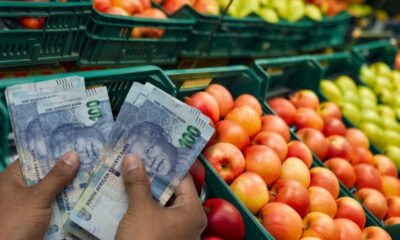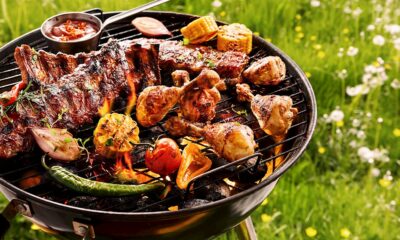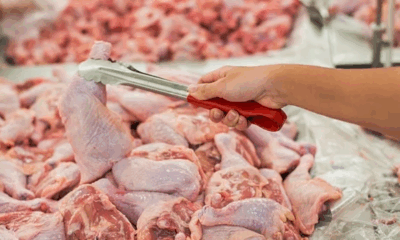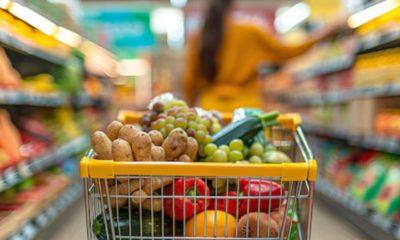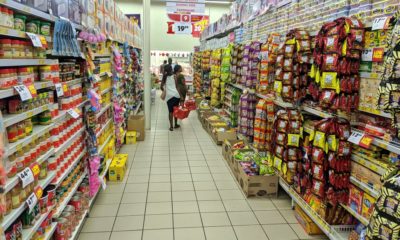Business
Johannesburg Tops List as Most Expensive City for Groceries in South Africa
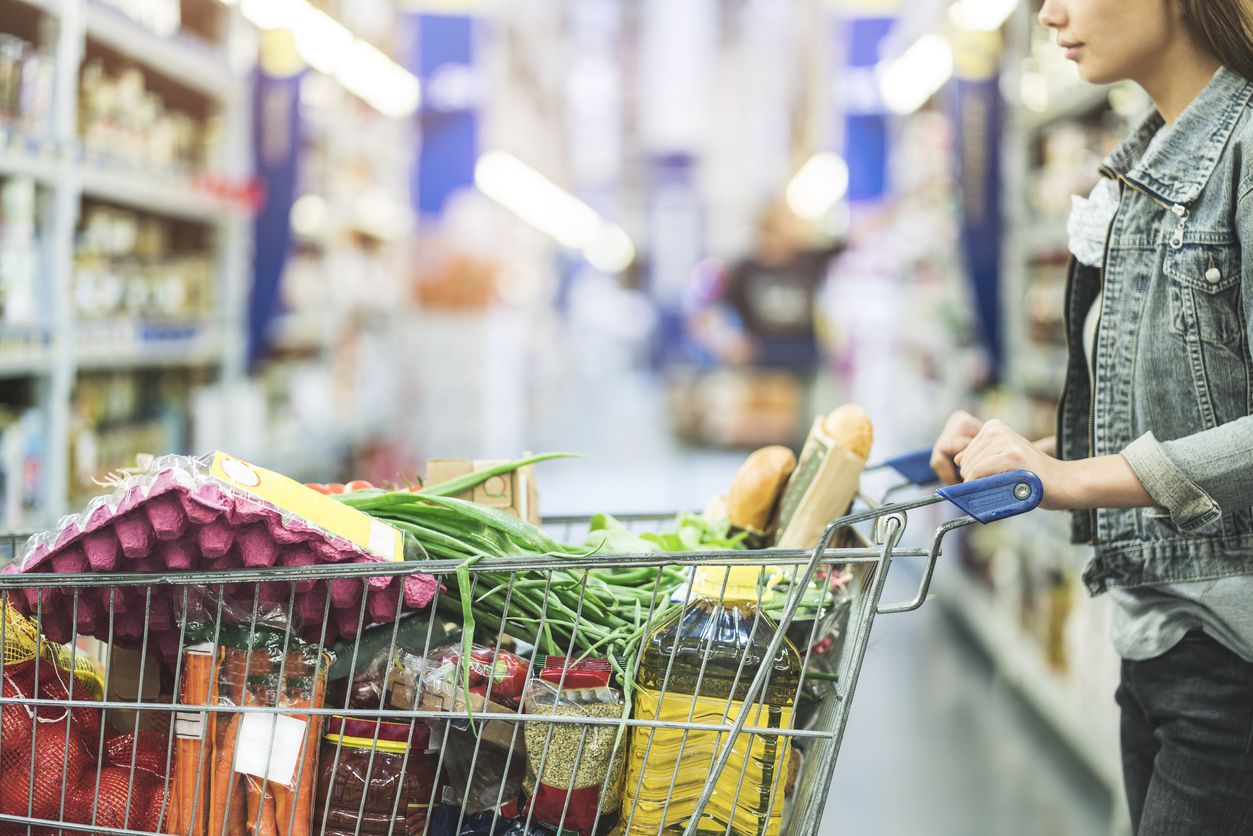
In April 2025, Johannesburg retained its title as the most expensive metro in South Africa for grocery shopping, edging ahead of Cape Town and Durban in household food basket costs.
This comes from the latest data released by the Pietermaritzburg Economic Justice and Dignity (PMBEJD) group, which monitors the monthly cost of a basket of 44 essential food items. The April report reveals that while some items have become slightly more affordable or held steady year-on-year, over 60% of tracked groceries increased in price, with six seeing double-digit inflation.
Food Prices Climb Despite Drop in Overall Inflation
South Africa’s overall inflation unexpectedly dropped to 2.7% in March 2025, but this hasn’t translated into relief at the checkout counters. According to Stats SA, food inflation remains persistent, particularly for key staples.
Cereal products like maize meal – a dietary staple – surged by 13.1%, up from 10.6% in February. Even coffee and tea haven’t escaped the squeeze: instant coffee prices are up 18.8% year-on-year, while black tea climbed 12.8%. The hot beverage category has endured double-digit inflation in 27 out of the past 32 months.
Meanwhile, alcoholic beverages saw a month-on-month price rise of 2.1%, pushing the annual rate to 4.7%.
Johannesburg: Still the Costliest City for Groceries
The average household food basket in Johannesburg cost R5,559.46 in April 2025, a 0.9% drop from the previous year but a notable month-on-month increase of R77.58. This figure also stands R139.16 higher than the national average, cementing Johannesburg’s spot as the most expensive metro for groceries in the country.
In contrast:
-
Durban’s basket cost R5,425.23, up 3% from March and 3.2% year-on-year.
-
Cape Town’s basket stood at R5,316.56, showing a smaller month-on-month increase of just 0.2%.
Despite increases in both coastal cities, Cape Town regained its spot as the most affordable metro for groceries, now R249.90 cheaper than Johannesburg.
Why It Matters
These rising grocery costs are a growing concern for urban households already grappling with high living expenses. While headline inflation figures offer some optimism, food remains a stubborn pressure point, particularly in Johannesburg, where price increases outpace income growth for many families.
The data highlights ongoing food insecurity challenges and emphasizes the need for targeted policy interventions to ease the burden on low- and middle-income households.

Sourced: BusinessTech
{Source: BusinessTech}
Follow Joburg ETC on Facebook, Twitter , TikTok and Instagram
For more News in Johannesburg, visit joburgetc.com

